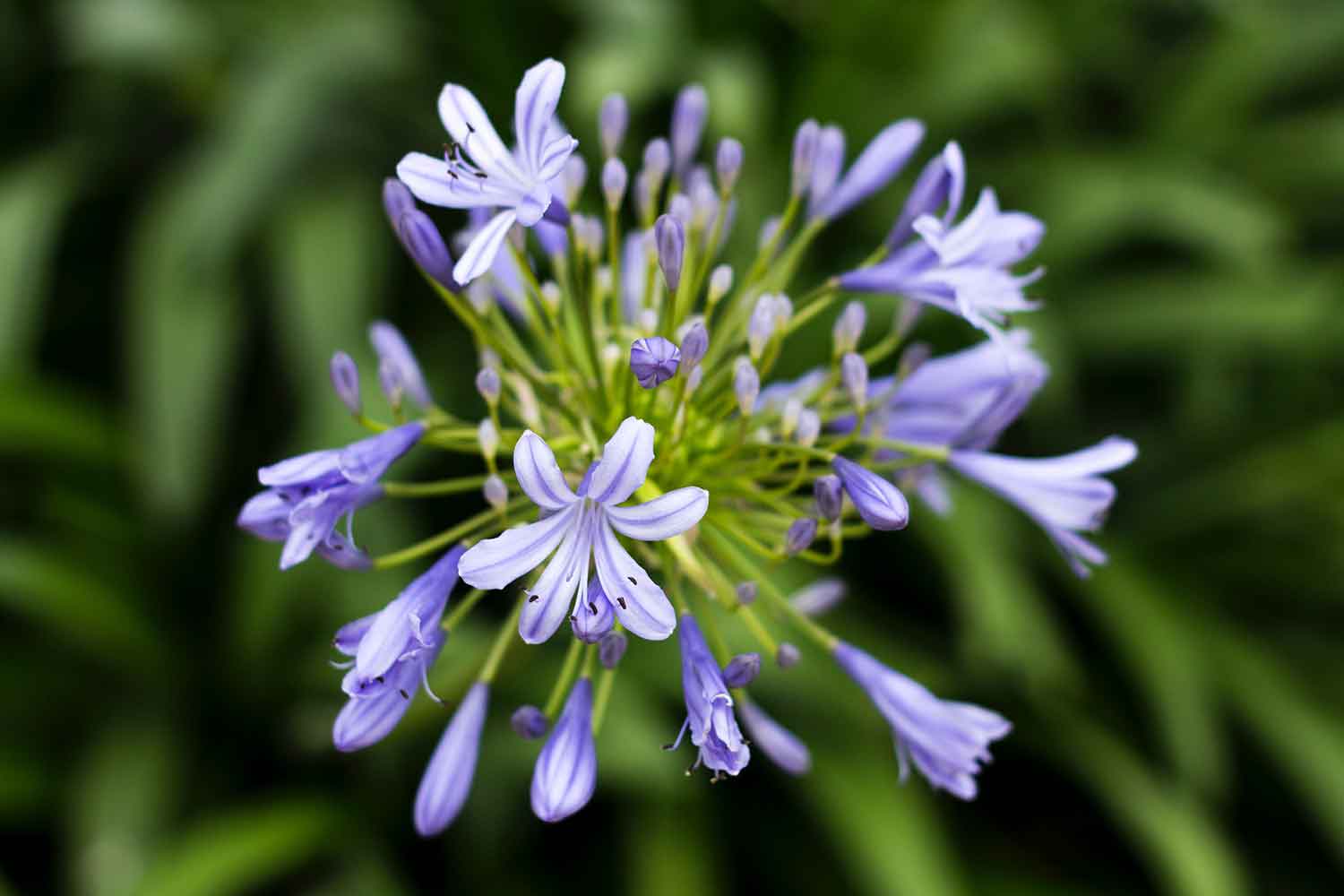- Quickly identify plants, flowers, trees and more. Have instant access to a huge Plant Database that is constantly learning and adding information on new plant species. Download Plant Identification and enjoy identifying flowers, trees, fruits and plants on the go!
- Plant & Animal Identification (plantsam.com = Plants And More) This part of the site shall help you to identify unknown plants, like cacti, ferns, hydrophytes, orchids, ornamentals, palms, succulents, herbs, shrubs, trees or wildflowers. They are sorted by their scientific names. You also find here images of berries, seeds, fruits and vegetables. Classified by their common names.
Which group best describes your plant?
Please go through the groups in order.
Woody plants
Instantly Identify thousands of plants, flowers, fruits and trees with advanced artificial intelligence - Learn more about plants, including beautiful pictures around the world - Quickly identify.
Trees, shrubs, sub-shrubs, and lianas
Key Characteristics The outer tissues of the stems are thickened; most have bark and winter buds during the dormant season
Exceptions Some very short shrubs can be mistaken for herbaceous plants
Aquatic plants
Plants with their leaves and/or stems submerged or floating in water
Key Characteristics Specialized submersed or floating leaves and tissues to withstand flooding
Exceptions Some land plants can be flooded temporarily but cannot live long in water. Also, sometimes aquatic plants are stranded out of water or may be amphibious
Grass-like plants
Grasses, sedges, and other plants with long, narrow leaves
Key Characteristics Leaves consisting of a narrow blade and a tubular sheath around the stem; small, inconspicuous flowers without obvious sepals and petals
Exceptions Some non-grasses have very narrow leaves but produce showy flowers
Orchids and related plants
Lilies, orchids, irises, aroids, and other monocots
Key Characteristics Seedlings have a single embryo leaf (cotyledon); plants have flower parts in multiples of 3 and parallel-veined leaves
Exceptions Grasses are also monocots but are grouped under Grass-like Plants
Ferns
Ferns, horsetails, quillworts, lycopods, and relatives
Key Characteristics Plants that reproduce by spores; the spores often grouped in specialized structures like sori, sporangia, and/or spore cones
Exceptions Some seed plants have frilly, highly dissected leaves that resemble ferns
All other flowering non-woody plants
Asters and all other flowering plants
Key Characteristics Flowering plants without parallel-veined leaves, and flower parts usually in multiples of 4 or 5
Exceptions This is a large group with species that vary widely in characteristics; some narrow-leaved species have only one leaf blade vein, so floral characteristics are important
Have you ever stumbled upon some beautiful, but unknown plant and you simply have to know more about it. You will spend hours online, searching and noting comes up. Luckily, there are some awesome plant identification apps that can help you in a minute. Here are some of them:
1. FlowerChecker
The FlowerChecker app uses real botanists to identify unknown plants, moss, fungus and even lichen. Your picture will be identified by a international team of experts. Because of this, it may be the most accurate of the apps.
2. NatureGate
NatureGate allows you to identify your plant with a database of 700 species. It also helps you identify birds, fish and butterflies.
3. Google Goggles
Although not directly plant related, Google Googles works with the user taking a photograph, and if the app recognizes what is in the picture, it will offer up suggestions and information of what it may be.
4. PlantSnapp
When you take a photograph of the plant, the app will do its best to recognize it. Once recognized, it will give details of name, care information and even where/when it must be planted. Once you’ve found out what your mystery plant is, you can then buy it through the app from one of their HTA certified nurseries.
Identify Plants App Mac Os
5. Plantifier
Plantifier has a team of people behind it from mygarden.org, helping to identify unknown plants.
Identify Your Mac
6. LikeThat Garden
LikeThat Garden is an extremely simple app available from Apple only. It’s an easy process that involves the user photographing the plant in question and the app sifting through its database to find matches. The app also gives details of similar looking plants to give inspiration for your garden as well as care information.
7. Leafsnap
Developed by the University of Maryland, Smithsonian Institute and Columbia University, Leafsnap identifies tree species from their leaves. For the UK app, Leafsnap have partnered with the Natural History Museum in order to create a bank of images and to help with identifying tricky trees.
8. iPflanzen
iPflanzen requires you to enter criteria ( not photographs) such as leaf shape or fruit colour in order to figure out the mystery. In conjunction with their other apps – iGarten and iForest – extremely detailed and interesting information can easily be found.
9. Garden Answers Plant Identification
Identify Plants App Mac Download
Garden Answers is the revolutionary plant identification app that instantly identifies over 20,000 plants and gives you accurate and detailed information about them. It also identifies pests and diseases and gives expert advice for questions you ask about plants.
10. Garden Compass Plant / Disease Identifier
This app allows you to take a photo and submit it to their expert team who will not only identify what the plant is, they can also tell you how to grow and care for it. Take a photo of pests and diseases and their 24/7 available experts will tell you what type of pest or disease is affecting the health of your plants. They will also give you great information on how to eliminate the problem and prevent it from recurring.

11. PlantNet Plant Identification
Identify Plants App Mac Free

Identify Plants App Mac Pro
PlantNet is an image sharing and retrieval application for the identification of plants. Among other features, this free app helps in identifying plant species from photographs. Plant species that are well enough illustrated in the botanical reference database can be easily recognized.